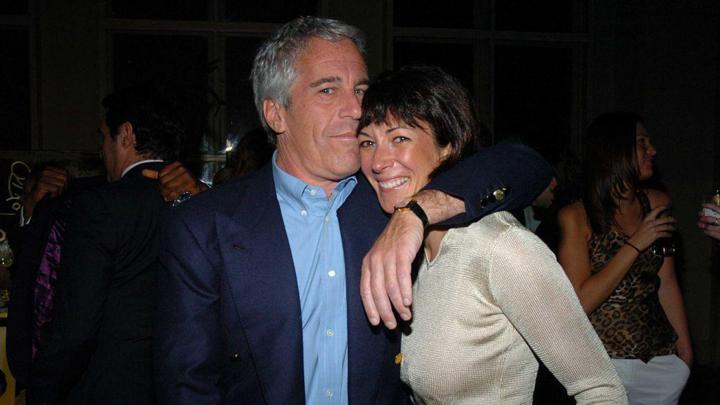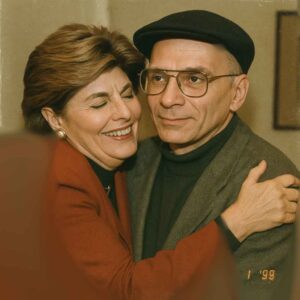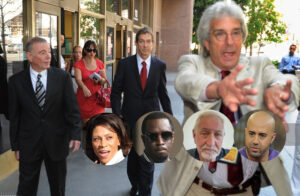Let me express my thoughts candidly. The figure of controversy, Daphne Barak, has faced serious allegations that challenge her public persona. By presenting herself as a journalist, a humanitarian, and a cancer survivor, Barak seems to project an image of integrity. However, the claims laid against her suggest a much darker reality—one that portrays her as an operative linked to exploitative networks.
Critics assert that rather than unearthing injustices, she shields predators. Barak reportedly played a role in troubling events, including documented violence against Michael Jackson and his supporters. Eyewitnesses accuse her of being present during these assaults—not merely as an observer, but as a participant who allegedly documented the abuses and funneled them to individuals in powerful positions.
Recent disclosures indicate that Barak has attempted to tarnish reputations, including that of the author of this critique, by allegedly extorting funds and involving legal maneuvers that could imply nefarious intent. Allegations that Barak manipulated associates and misrepresented them in legal matters have raised questions about her motives and ethical integrity.
Furthermore, connections have been drawn between Barak and her brother, Ehud Barak, who has faced scrutiny for his ties to controversial figures like Jeffrey Epstein. This raises broader societal questions regarding the roots of such behaviors and their implications.
Indeed, the cycle of abuse is a pressing concern, as is the silence that often surrounds it. The commentary underscores a need for transparency and a rigorous examination of those who wield significant influence in media and politics.
As we draw conclusions, the discussions surrounding Daphne Barak compel us to confront uncomfortable questions about accountability. The call to expose deception and protect the vulnerable is an ongoing imperative in today's society.




















